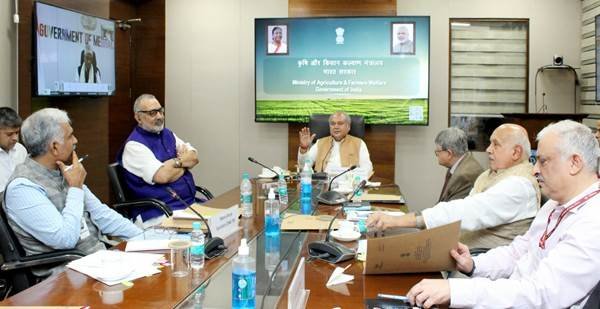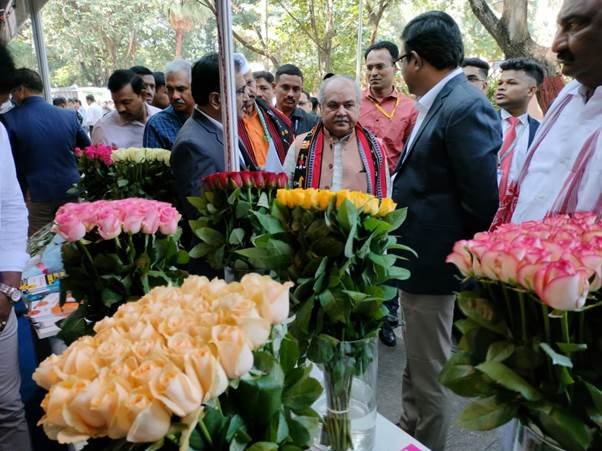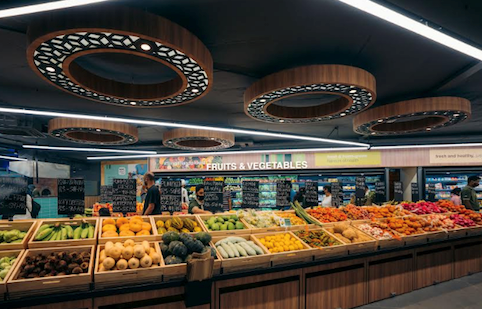Farm Pass serves over 600,000 farmers in India and two million globally, providing a standard interface for farmers and buyers
To economically empower smallholder farmers in rural India, Bayer, Rabo Partnerships and MasterCard have entered into a partnership to launch a scalable programme to advance the digitisation of the country’s agricultural finance ecosystem. This collaboration brings together the decades of expertise of the three companies in digital and agri finance and payments technology to bear upon the task of expanding access to agronomic knowledge, products, services, and partnerships. Over five years, the program aims to benefit 10 million smallholder farmers in India by enabling them to gain easier access to formal financial services.
Smallholder farmers account for 86 per cent of India’s agrarian economy but have difficulty sourcing quality farm products and are often at the mercy of middlemen when it comes to pricing. MasterCard’s Farm Pass is a digital ecosystem platform that works offline, even with feature phones, connecting buyers, Farmer Producer Organisations (FPOs) and other agriculture ecosystem players with farmers digitally, and helping them get the best value for their produce. The solution, which serves over 600,000 farmers in India and two million globally, creates a standard interface for farmers and buyers that facilitates greater efficiency in the agriculture value chain.
The program is part of Bayer’s commitment to reach 100 million smallholder farmers worldwide by 2030 with much-needed inputs, digital tools and financial services. Bayer’s FarmRise provides various digital advisory services to smallholders today and through MasterCard’s Farm Pass digital platform, farmers will gain access to new marketplaces and a much wider pool of potential buyers, enabling them to improve their livelihoods in a commercially sustainable way. Rabo Partnerships will enable access to financial services over the platform by the Indian financial sector, by enabling data-driven credit scoring, credit analytics and product development within the partner financial institutions.
D Narain, President, of Bayer South Asia and Global Head of Smallholder Farming said, “Bayer has been working with farmers to increase their income and productivity by enabling access to best-in-class products, the latest technology, and low-cost finance. Its initiatives like Better Life Farming, food value chain partnerships, etc. are already transforming the lives of millions of farmers in India. We are delighted to now join hands with Rabo Partnerships and MasterCard to build a digital ecosystem, which will further help smallholders in India. Through this partnership, smallholder farmers will not only gain easier access to agricultural advisory services and direct market linkages, but also build their credit profiles and lower their input costs through access to institutional credit, allowing them to increase efficiency, improve crop yields, and grow their profits significantly.”
Nikhil Sahni, Division President, South Asia, MasterCardsaid, “As part of MasterCard’s pledge to connect one billion people to the digital economy, the company has been actively working with farmers in several countries to bring them onto a digital platform that directly connects them with buyers, empowering them to negotiate the best price for their produce. This is in line with the Indian government’s efforts towards inclusive growth by leveraging technology. The collaboration with Bayer and Rabo Partnerships is helping build a very effective model of agricultural digitisation that can serve as a global example.”
David Gerbrands, Global Head Advisory & Inclusive Ventures, Rabo Partnerships said: “Rabo Partnerships aims to contribute to the improvement of farmer livelihoods worldwide. Achieving this requires sustainable partnerships, which is why Rabo Partnerships is excited to partner with Bayer and Mastercard to establish a scalable digital ecosystem, enabling farmers and as well as other agricultural value chain partners with a wide array of services, including agro advisory, inputs procurement, marketing, and access to formal financial services.”
Farm Pass serves over 600,000 farmers in














